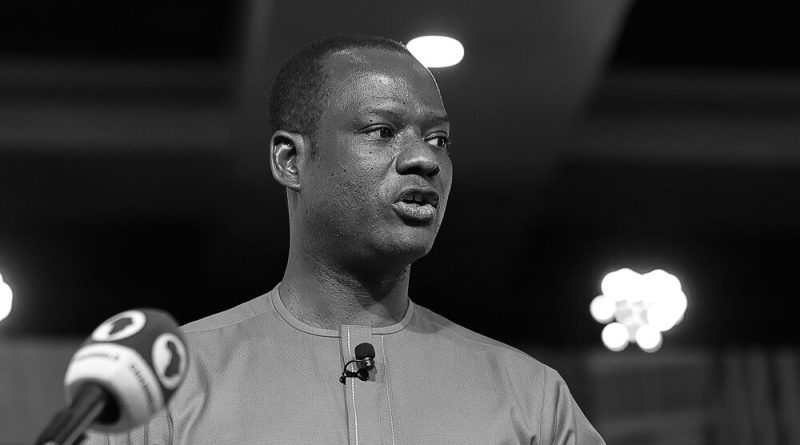Oyedele counters claims of investor frustration over Nigeria’s new capital gains tax
The chairman of the Presidential Fiscal Policy and Tax Reforms Committee, Taiwo Oyedele, has countered reports that foreign investors are frustrated and disappointed by Nigeria’s new capital gains tax (CGT), describing the claims as misleading and inaccurate.
Mr Oyedele stated this on his X handle on Monday, alleging that the media misrepresented both the reform and his recent engagement with investors.
“Public debate is vital for reform. But debate must be anchored on facts, not misrepresentation,” he wrote.
The clarification follows recent news that investors are dissatisfied with the Nigerian government’s move to implement a 10 per cent tax on shares sold by investors as part of the new Tax Reform Acts coming to force in January, a move seen by some as discouraging for foreign portfolio investments.
The reports also suggested that Mr Oyedele’s tone during a recent virtual meeting with market stakeholders reflected a “socialist” stance.
In his response, Mr Oyedele said the feedback from meeting participants contradict those views.
“A total of 281 participants attended the call from more than 10 countries,” he said.
“Contrary to claims of ‘frustration’ and ‘unease,’ about 80% of participants who gave feedback after the event rated the engagement 9 or 10 out of 10, with an overall average of 8.6. From the comments, many wished we had more time – certainly not the expected reaction of frustrated investors.”
He said his comments on concentrating tax collection on the top 3 per cent of earners were wrongly interpreted as ideological.
“Exempting the poor while taxing the wealthy fairly is not socialism; it is progressive taxation, a principle embedded in virtually every advanced economy,” he said.
Nigeria’s new capital gains tax, included in the four tax reform bills approved by President Bola Tinubu in June, aims to improve revenue mobilisation and ensure that investors who profit from share sales pay commensurate tax on their net gains based on a certain threshold.
The tax exempts share sales valued below N150 million as well as reinvested gains from being levied.
Mr Oyedele dismissed insinuations that the new rule will hurt Nigeria’s investment climate and noted that an absence of CGT doesn’t make an economy competitive.
“The most advanced capital markets, the U.S., U.K., South Africa, among others, apply CGT and remain attractive to investors, while many countries with no CGT lack robust capital markets altogether,” he stated.
“Both local and foreign investors benefit from exemptions based on thresholds and reinvestment. Tax applies only where those thresholds are exceeded without reinvestment. Labelling this as a punitive tax on foreign investors is misleading.”
He warned against what he described as “intentional misreporting” by reputable media outlets, saying it could distort public understanding of government policies.
“It is troubling when reputable outlets amplify misinformation. Professional journalism demands diligence, independent verification of facts, avoidance of anonymous slurs, distinguishing between biased opinion and credible evidence for balanced reporting,” he said.
READ ALSO: Nigeria’s worst economic phase is over – Wale Edun
According to him, his focus and that of his team remains executing reforms that will make Nigeria’s tax system simpler, fairer and more supportive of economic growth.
The Nigerian government’s fiscal reforms, led by Mr Oyedele’s committee, are part of efforts to boost non-oil revenue and deepen growth by ridding the economy of obsolete taxes that for years have impeded expansion, especially in the informal sector, which contributes the lion’s share of the GDP.

